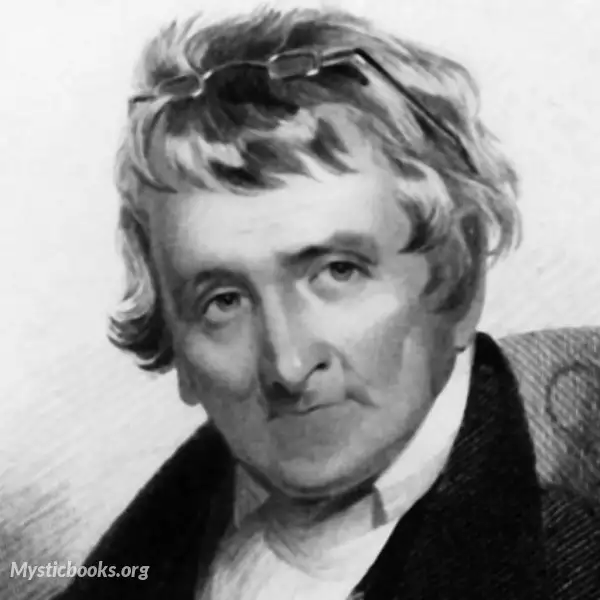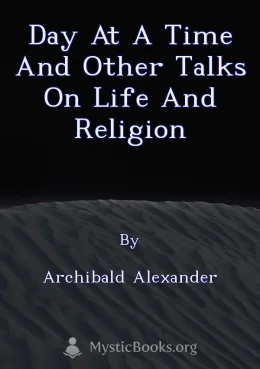
Timeline
Title
Country/Nationality
Archibald Alexander
Archibald Alexander was an American Presbyterian theologian and professor at the Princeton Theological Seminary. He served for 9 years as the President of Hampden–Sydney College in Virginia and for 39 years as Princeton Theological Seminary's first professor from 1812 to 1851.
Archibald Alexander was born at South River, Rockbridge County, Virginia, on April 17, 1772, son of William Alexander, a farmer of means. He was raised under the tuition and ministry of Presbyterian minister William Graham (1745–1799), a man who had been trained in theology by John Witherspoon.
His grandfather, of Scottish descent, came from Ireland to Pennsylvania in 1736, and after a residence of two years removed to Virginia. William, father of Archibald, was a farmer and trader. His nephew was the American novelist William Alexander Caruthers (1802–1846).
On October 1, 1791, he was licensed to preach, ordained by the presbytery of Hanover on June 9, 1794, and for seven years was an itinerant pastor in Charlotte and Prince Edward counties.
By the time he was 21, Alexander was a preacher of the Presbyterian Church. He was appointed the president of Hampden–Sydney College, where he served from 1797 until a revolt among the students forced him to retire in 1806, and from 1807 to 1812 he was acted as pastor of the old Vine street Presbyterian Church of Philadelphia.
The Princeton Theological Seminary was established at Princeton, New Jersey in 1812 and Alexander was appointed its first professor, inaugurated on August 12, 1812. In 1824, he helped to found the Chi Phi Society along with Robert Baird and Charles Hodge. In 1843, he returned to Washington College to deliver an alumni address, which was one of his many publications.
Alexander was one of the earliest supporters of the American Colonization Society that arranged the emigration of free Black and enslaved Black Americans to Liberia. In 1827, he and his close friend Samuel Miller defended the organization's mission against attacks by John Brown Russwurm in Russwurm's paper, Freedom's Journal. He later served as the Colonization Society's vice president and wrote the most comprehensive history of the movement written before the twentieth century, A History of Colonization on the Western Coast of Africa (1846).
Samuel Miller became the second professor at the seminary and for 37 years Alexander and Miller were considered together as pillars of the Presbyterian Church in maintaining its doctrines. Charles Hodge, a famous student and successor of Alexander, named his son Archibald Alexander Hodge after his mentor.
Alexander died on October 22, 1851, at Princeton Township, New Jersey.
Books by Archibald Alexander

The Glory in the Grey
It sometimes happens, when we are dispirited, that God's gracious gift of reviving comes to us along a very ordinary channel--in the form, perhaps, of some tonic, heartening passage found in reading, or the "morning face" and cheerful greeting of a f...

Day at a Time and Other Talks on Life and Religion
This book, written during a time of war, presents a collection of talks and sermons delivered by Archibald Alexander, a prominent Presbyterian minister. It explores themes of faith, hope, and comfort, drawing from biblical teachings and Alexander's o...

Practical Sermons
This book presents a collection of sermons delivered by Archibald Alexander, a prominent Presbyterian minister. The sermons aim to explain evangelical truths in a straightforward and accessible manner, making them suitable for individuals of all leve...

History of the Israelitish Nation
This book, "History of the Israelitish Nation" by Archibald Alexander, provides a comprehensive account of the history of the Israelites, tracing their lineage from Abraham through the establishment of the Kingdom of Israel and its eventual fall. Ale...